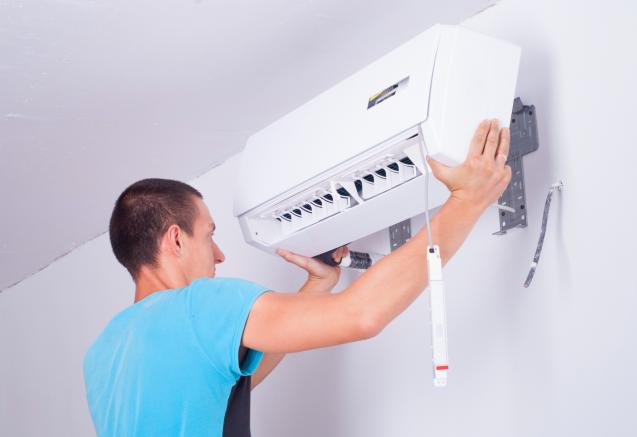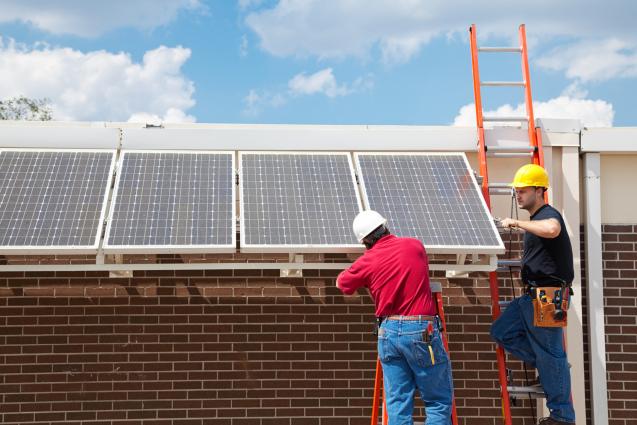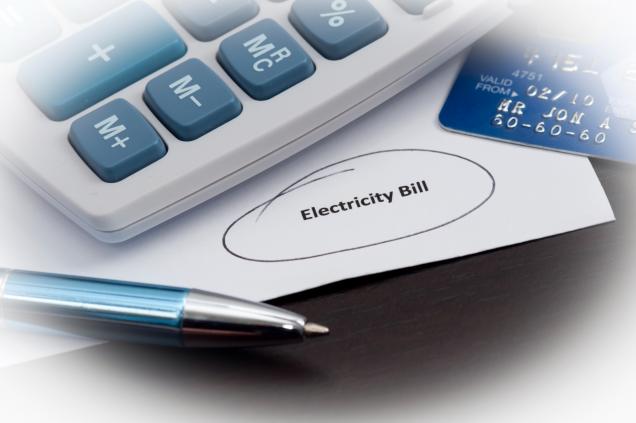
Surviving Power Outages: Essential Steps to Take During a Blackout
Understanding The Common Causes of Power Outages in Australia
Power outages aren't one-size-fits-all; they tend to vary in scope and duration, largely predicated on their cause and location. Across the Australian landscape, blackouts are more frequently spawned by severe weather events. Intense storms can bring down power lines, while bushfires and heatwaves can destabilise the grid, prompting unscheduled power shutdowns.
It's also worth noting that infrastructure failure—an ageing transformer, for instance—could lead to a blackout. If you live in a region that's often ravaged by extreme weather or bushfires, you'll likely experience more outages. On average, power blackouts could last several hours, and in more severe instances, days.
Preparing your Australian home for power outages
Preparation, as they say, is half the battle. Having an emergency kit is crucial, complete with items like flashlights, a first aid kit, non-perishable food, bottled water, and a battery-powered or hand-crank radio for invaluable updates. Inform your electricity supplier about specific household needs that require consistent power, such as life-support devices.
Proactive moves, like protecting electrical equipment with surge protectors and having your home wired for a portable generator, are highly recommended. These measures ensure seamless transition to backup power during outages, keeping your home lights burning.
Safety measures during a power outage
When power outages strike, they introduce a myriad of safety concerns. To avoid accidents, use generators and power leads safely, ensuring they're outdoor-rated and well-ventilated during use. Unplug electrical appliances and electronics to prevent them from frying when power surges strike as electricity is restored.
Candles or gas stoves? Use them cautiously. Ensure open flames from candles don’t jeopardise home safety; better yet, opt for flashlights. Stay hydrated and keep cool during summer outages to avert heat-related ailments like heatstroke.
Communicating effectively during a blackout
During a blackout, efficient communication is critical. Save your mobile phone battery for essential communication and updates, relying primarily on a battery-powered or hand-crank radio. Do a wellness check on your neighbours, especially those vulnerable—elderly or disabled— who might be deeply affected by the blackout.
If the blackout runs longer than expected, flag down the interruption to your power supplier—they may not be aware that your area is affected.
Post-Blackout actions to be taken
Once power returns, initiate safety checks. This involves checking your electrical appliances for possible damage and assessing the safety of your food stored in the refrigerator. Report any downed power lines or dangerous situations promptly to your energy provider. Don't forget to check back on your neighbours.
No one anticipates a power outage, but when they do happen, take it as a learning curve. Reflect on what went well and develop a more robust plan for future blackouts.
Conclusion
Surviving power outages boils down to vigilant preparation, taking calculated safety measures and communicating effectively throughout the ordeal. Remember, a bit of foresight can make a world of difference when the lights go off.
While blackouts can be terribly inconvenient, they don't have to result in disastrous outcomes. With the right measures and emergency preparedness, blackout survival becomes less daunting. If you've weathered a blackout, we invite you to share your experiences and how you responded. After all, shared knowledge and community support pave the way for a better blackout experience.



